
Every day we see compelling examples of Augmented Reality (AR) and Virtual Reality (AR), and how it can change our lives. Many of us have dipped our toe into the consumer side of AR by playing Pokemon Go or VR with Oculus Go, but most of us have not yet realized its full potential in
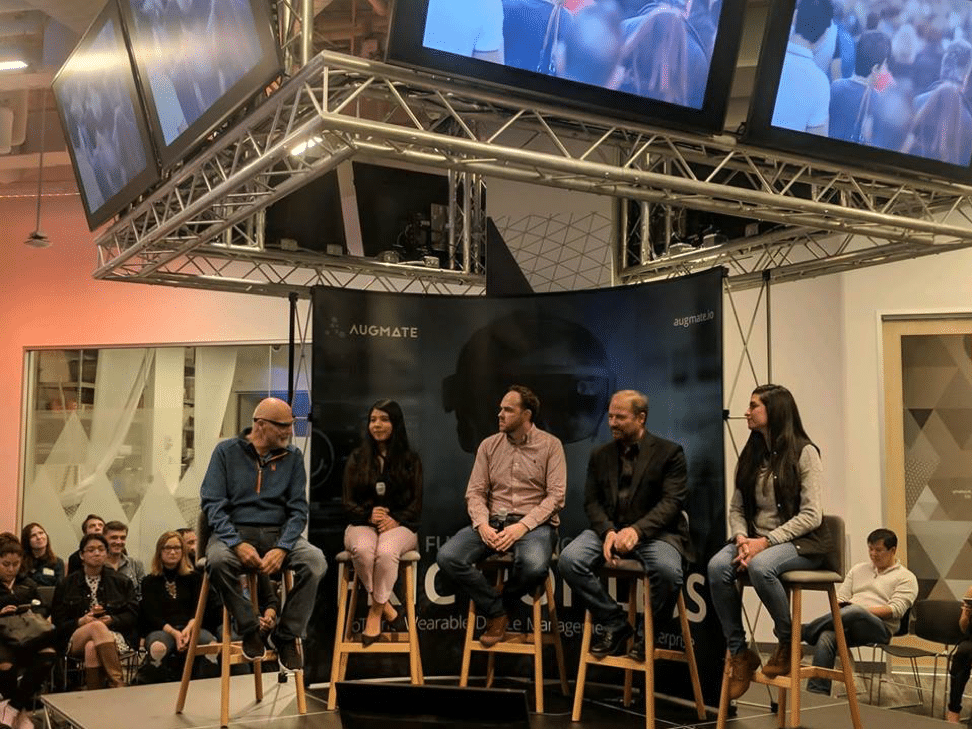
Augmate had the honor of co-hosting a great event at the Microsoft Reactor space in San Francisco recently. And yes, it came complete with a T-Rex and even a moon shot. The evening was filled with presentations about the latest in mixed reality work that is being done around the globe from some of the
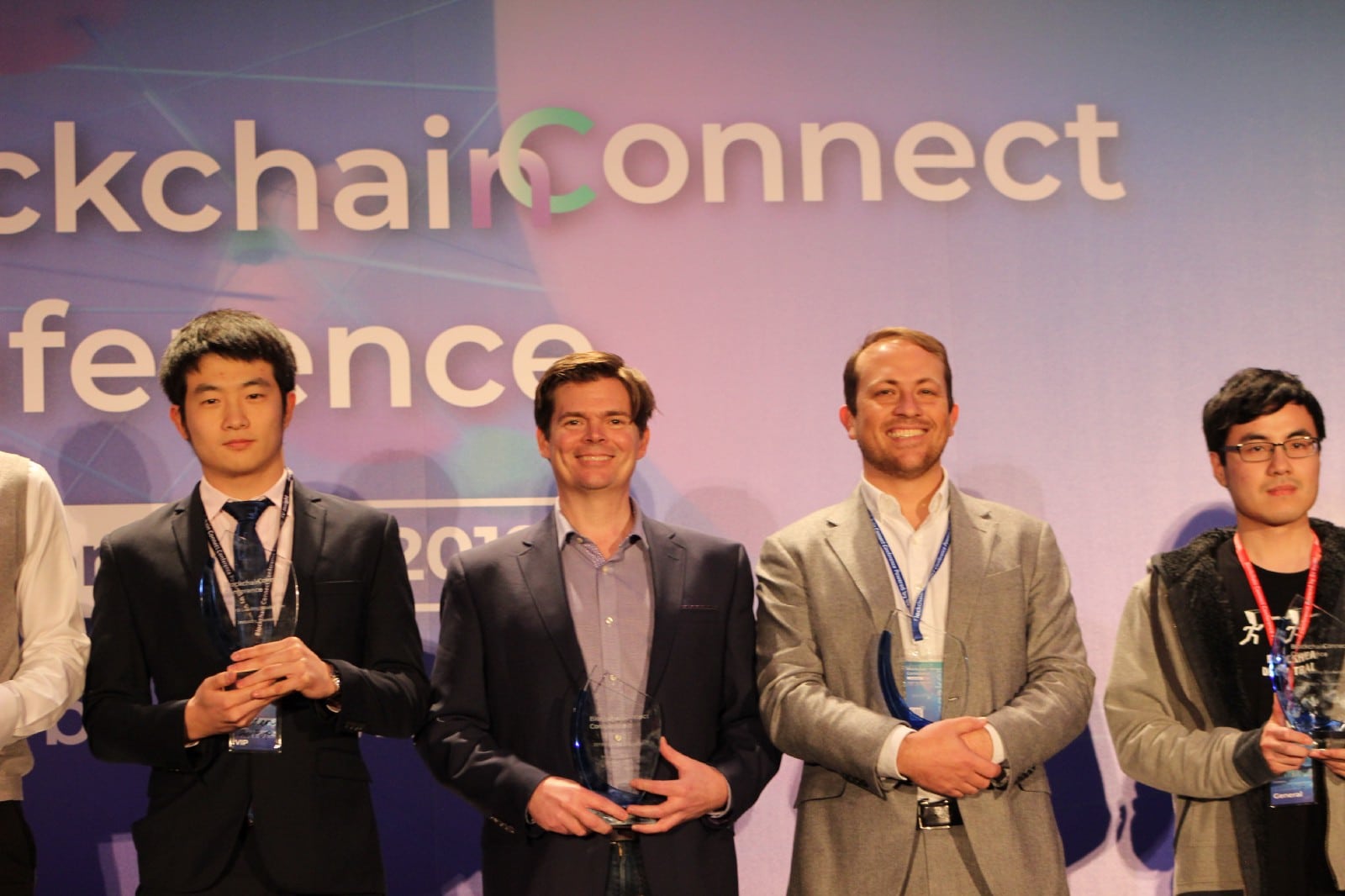
By Brian Rogers, Vice President of Product, Augmate Blockchain has emerged as an important enabler of the Internet of Things (IoT), providing ironclad security that can unlock the full value of IoT capabilities. That’s why I was honored to represent Augmate at the recent Blockchain Connect conference in San Francisco, accepting the “2018 Pioneers in Applying Blockchain
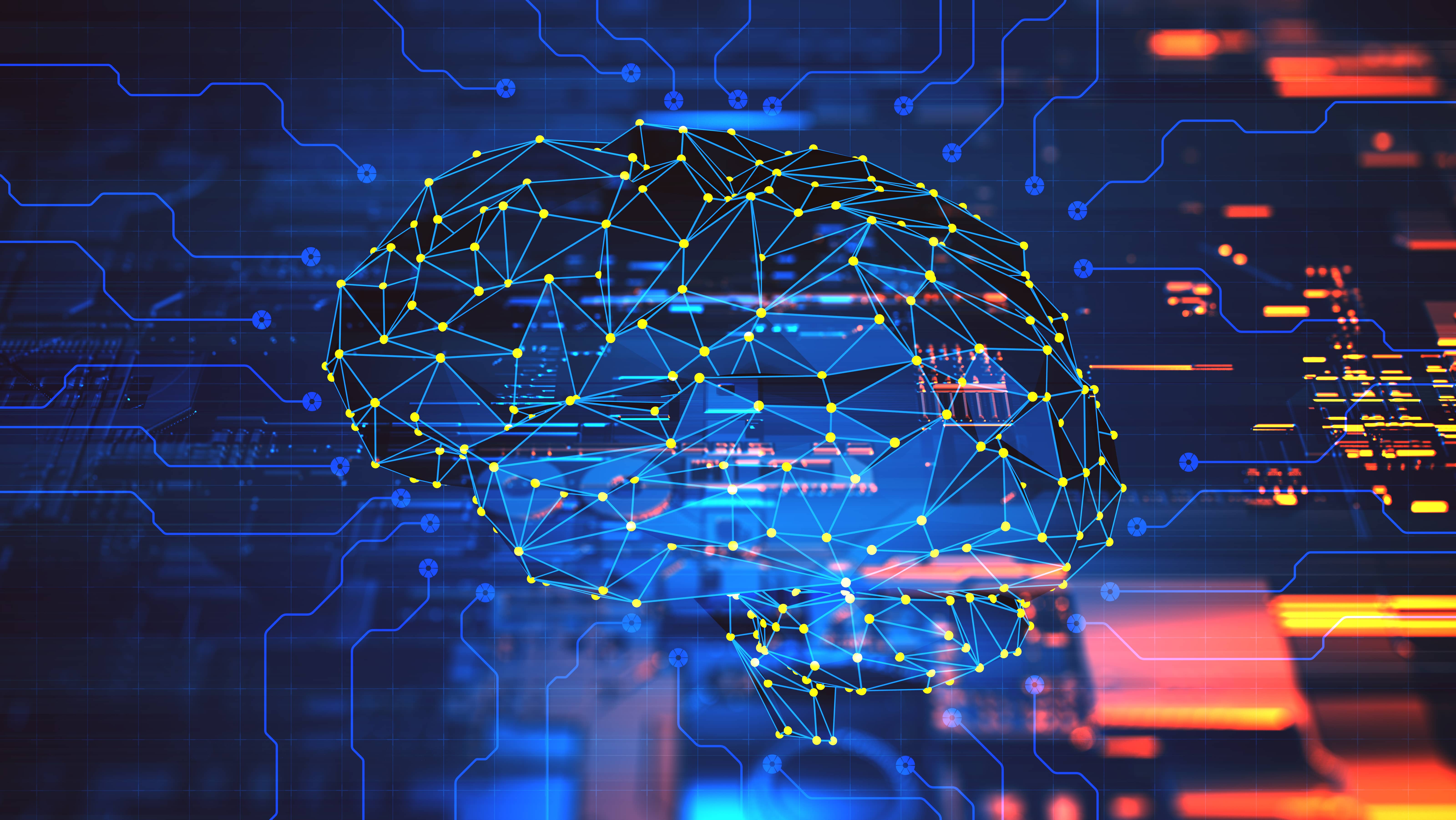
No longer a thing of the future, artificial intelligence has interwoven itself in the fabric our lives. When we search Google and watch Netflix’s “suggestions,” AI-driven algorithms are humming along, digging through data for patterns, anticipating our desires and learning to understand our habits. The existence of AI in our natural discourse with machines has
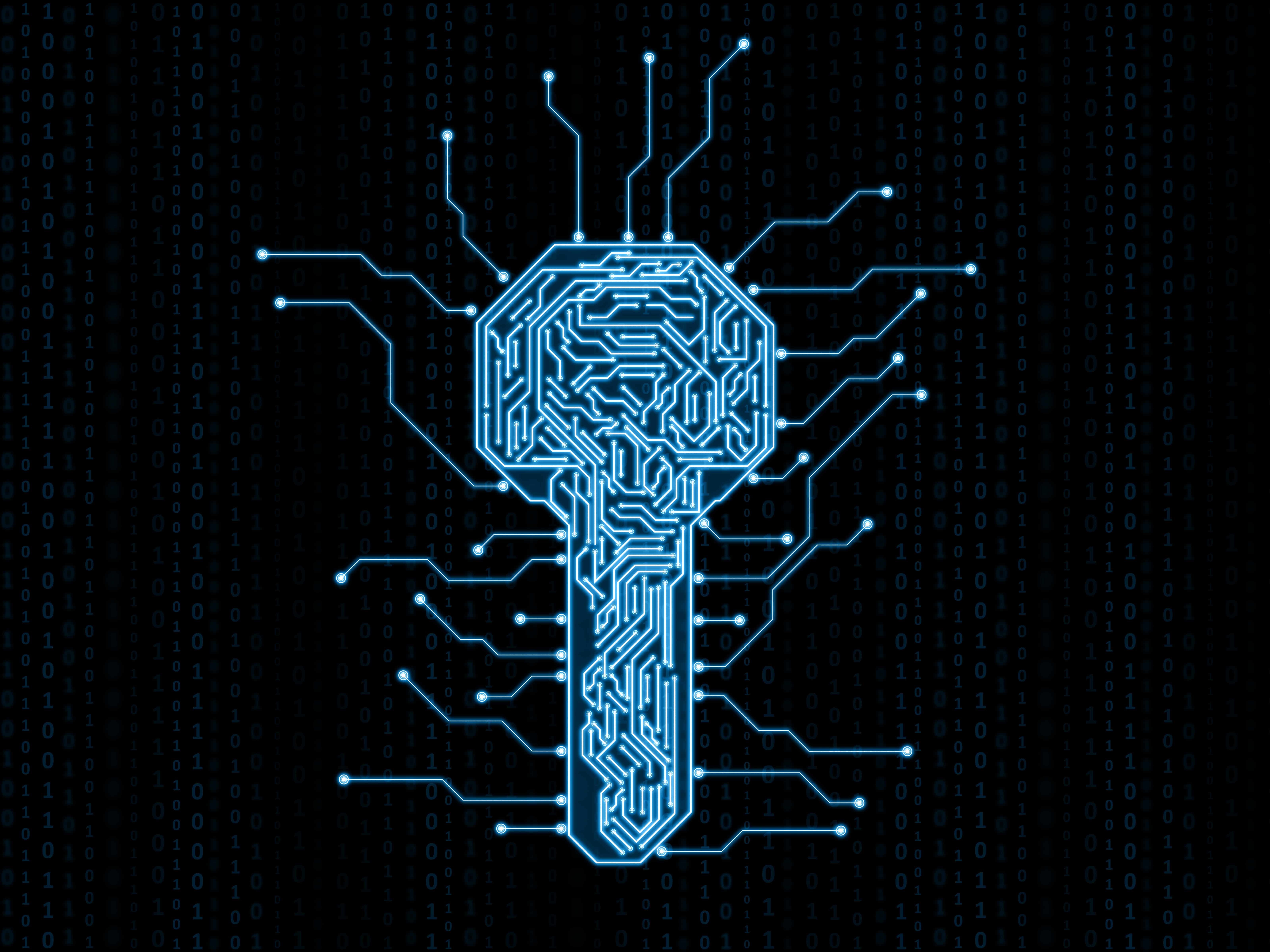
On September 25, 2018, 45 representatives from major Wall Street firms and crypto companies took part in a “crypto round-table” to discuss Initial Coin Offering (ICO) and cryptocurrency regulations. Around the same time, Deloitte named regulatory uncertainty as one of the five major obstacles to the mass adoption of blockchain. The blockchain and cryptocurrency sector
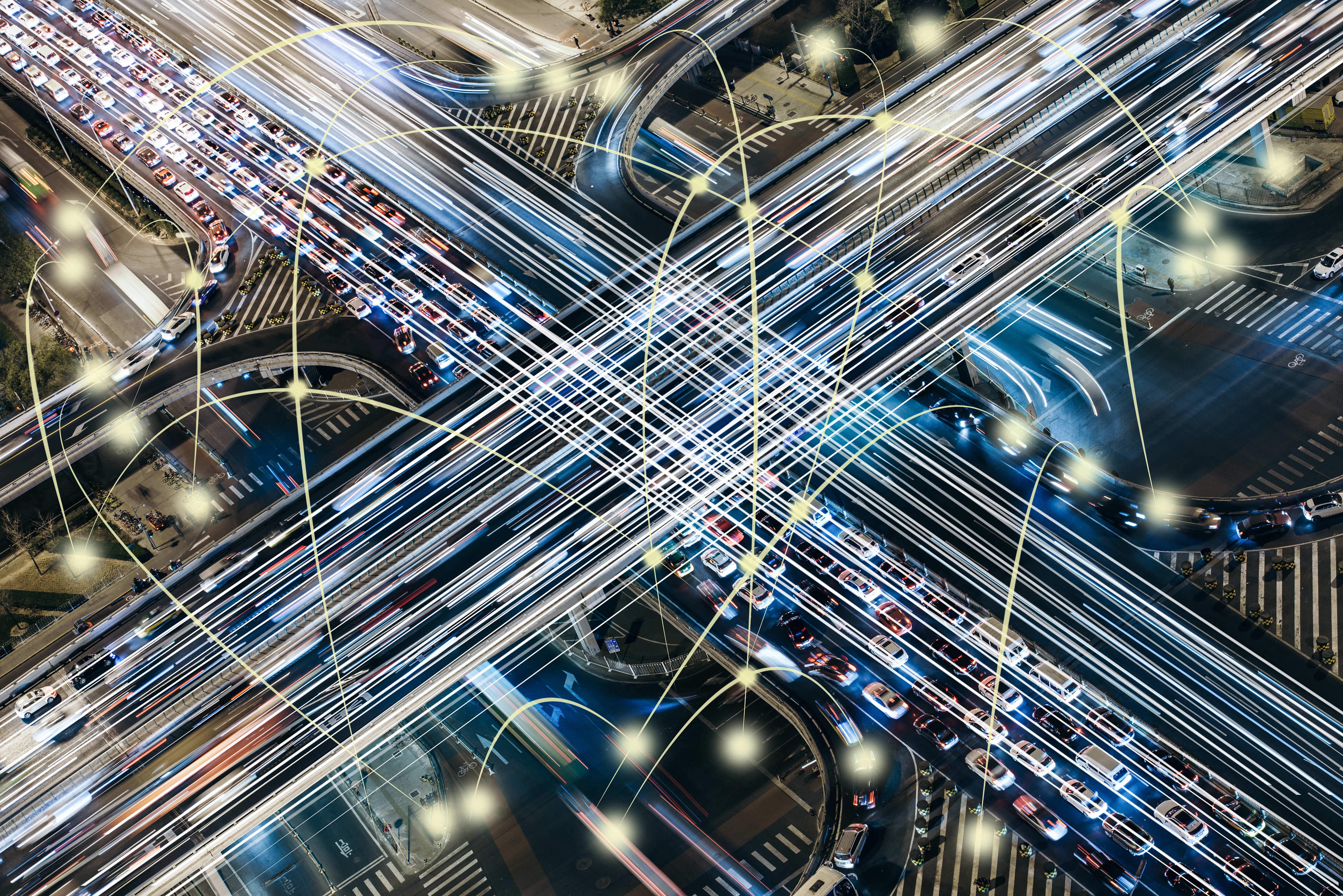
Parking and traffic flow are hot topics for cities looking to be smarter and more sustainable. If you consider that it is estimated that 1 million barrels of oil are used per day by frustrated people circling the block looking for parking, it is understandable why fixing congestion and parking problems are high up on

One city leading the way in Smart City innovation is in the center of the Buckeye State. When Columbus, Ohio won the U.S. Department of Transportation’s Smart City Challenge in 2016, the city set out to build the Smart Columbus Operating System to provide near-real-time data on traffic conditions throughout the city. After the initial

Virtual Singapore, the first ever digital twin city, is a $73 million, data-rich, live digital replica of an actual city created through a partnership between the Singapore government and a private sector enterprise. It is a dynamic three-dimensional (3D) city model and collaborative data platform, including 3D maps of Singapore allowing officials to take a
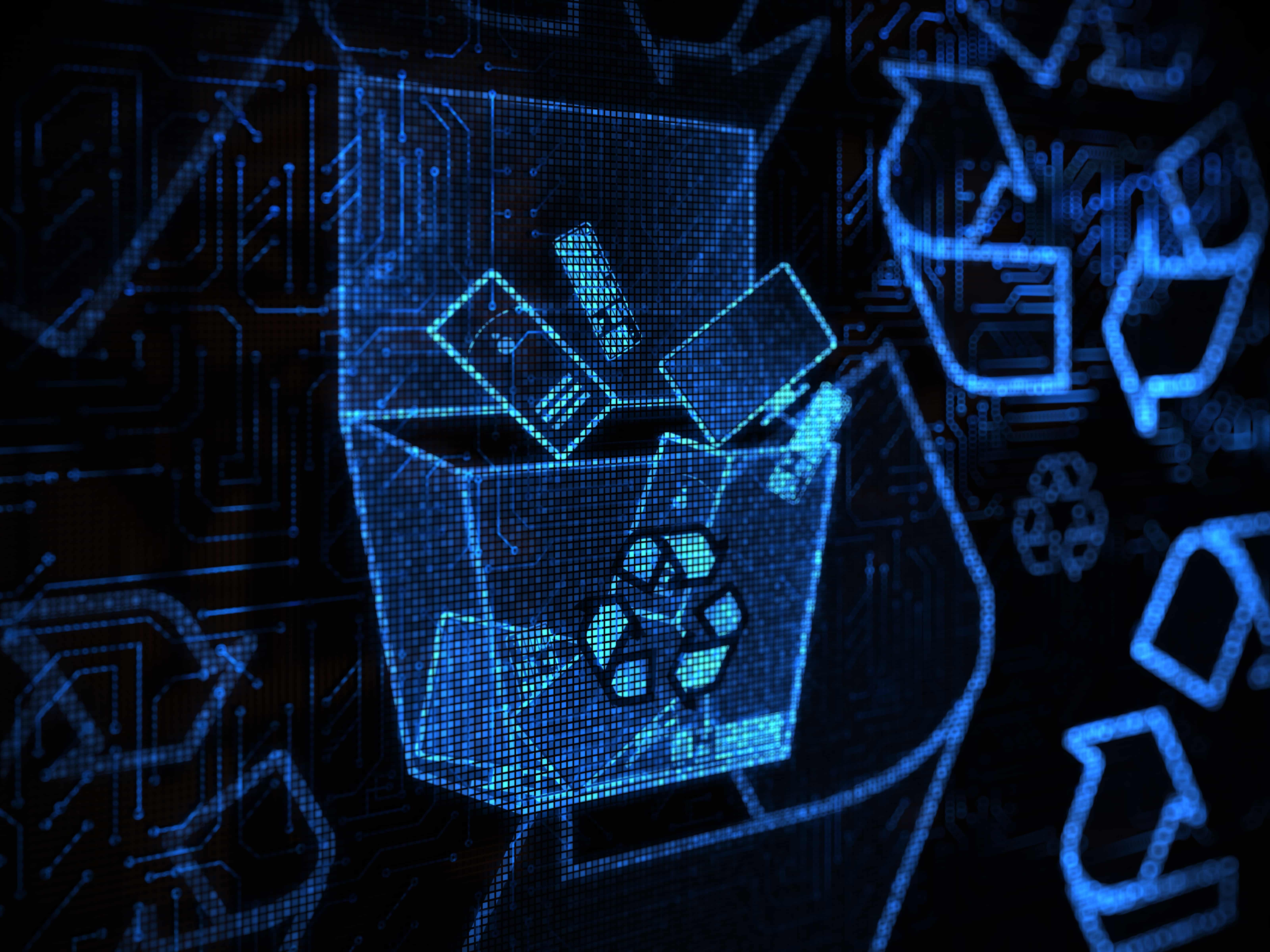
With the introduction of 5G, and the power of artificial intelligence to analyze data from sensors and devices, cities are getting smarter. Different systems and technology are applied by global cities to make themselves smarter and more efficient – even when it comes to managing the waste that they produce. According to the World Bank,

In our previous blog, we established the essential elements of a digital twin: The digital twin is a functional, system model of the real-world object. The digital twin’s data elements relating to the real-world object include: identity, time series, current data, contextual data and events. You can use the twin to query the state of












